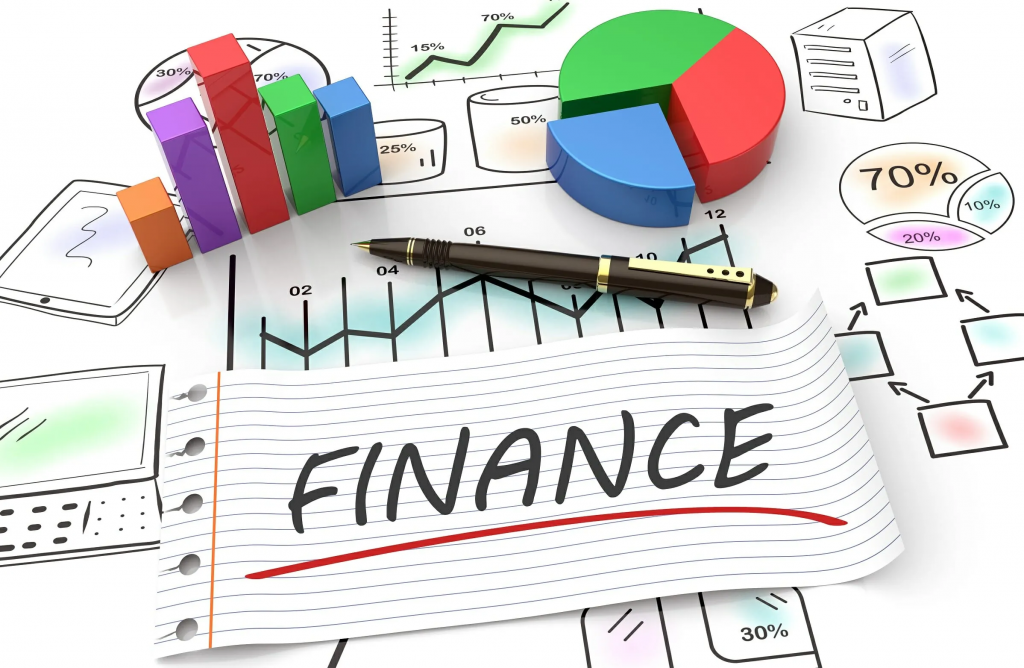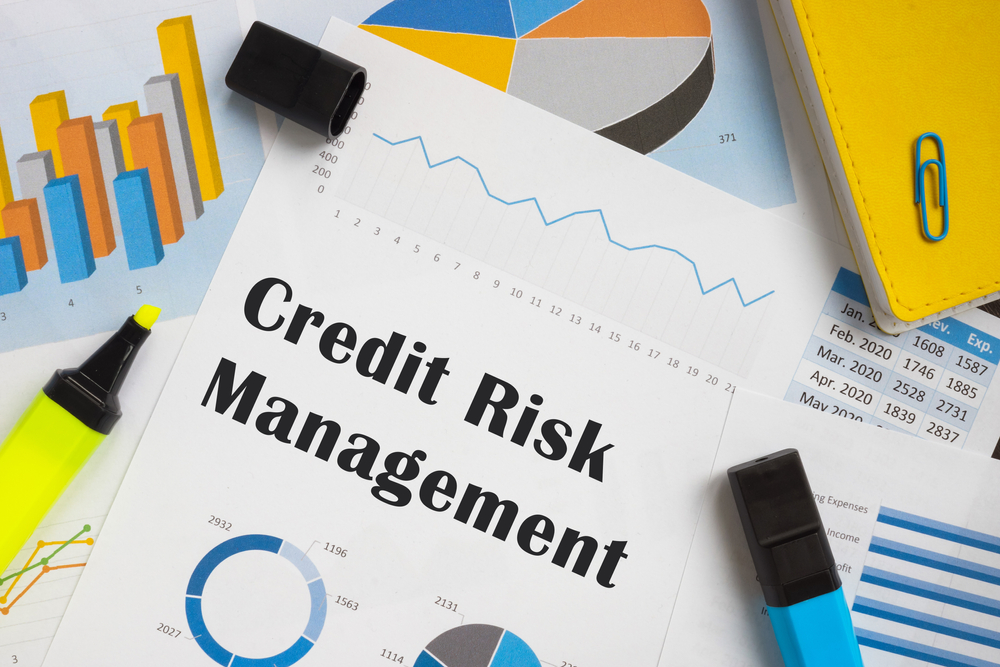Participating in a student exchange program is an exciting opportunity for anyone eager to broaden their horizons, gain a global perspective, and experience a different culture. Many students wonder, “What is a student exchange program?” Simply put, it’s an arrangement where students study at a partner institution in a different country for a set period, usually a semester or a year. These programs can take various forms, whether academic, cultural, or professional, but all share one common objective: to provide students with the tools and experiences they need to succeed in an increasingly globalised world. What is the Purpose of a Student Exchange Program? A student exchange program’s main goal… Read More
Continue Reading




